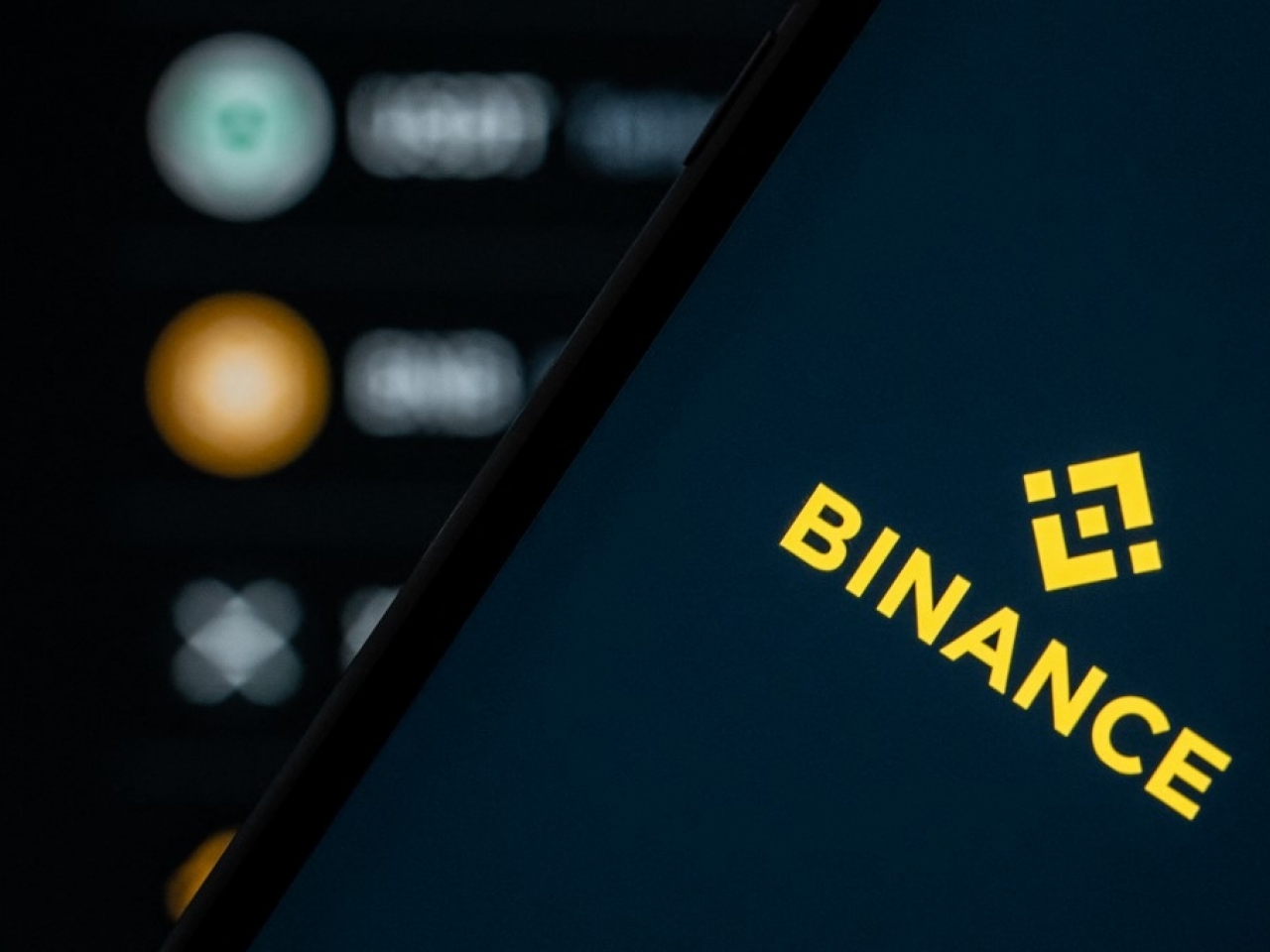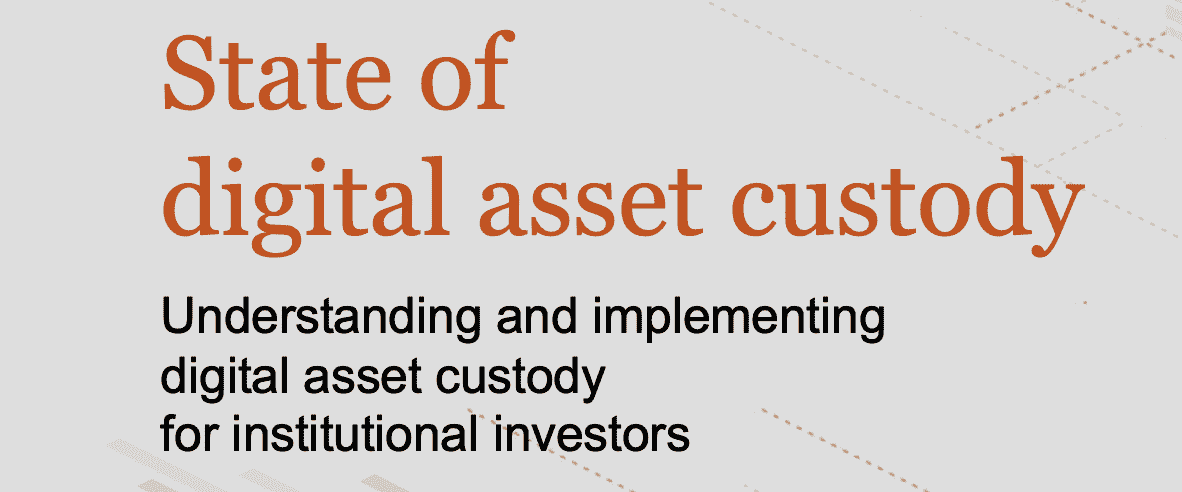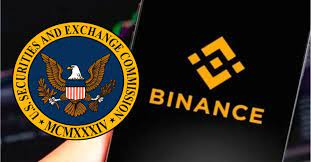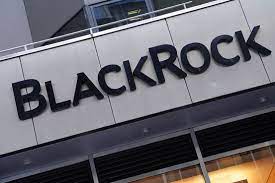Robinhood promotes ‘inclusive finance’ Is it really a good thing to ‘rob the rich to help the poor’?
Is it good to 'rob the rich to help the poor' when Robinhood promotes 'inclusive finance'?Source: Lawyer Xiao Sa
A while ago, during the communication with many old friends, our team talked about wanting to develop blockchain games, but they had little understanding of the risks involved in blockchain games and were confused about the specific business models. They simply wanted to “gamify investments” and make some money. However, this approach won’t work. Games are a challenge in China, and investment-type games are even more of a “big trouble”. In today’s article, our team will analyze the major controversies surrounding the popular online brokerage firm Robinhood and share the insights that can be gained from Robinhood’s story from the perspective of investors.
Founded in 2013 and listed on NASDAQ in 2021, Robinhood, as a US internet brokerage firm, has achieved rapid expansion in just a few years. According to its prospectus, Robinhood had 18 million users in 2020, with 17.7 million monthly active users and $81 billion in assets under management. Among them, more than 50% of the total users were first-time investors. Robinhood has emerged as a “popular online brokerage” in the crowded institutional investor market.
Robinhood is a legendary figure in English folklore known for robbing the rich to help the poor. The brokerage firm Robinhood, with the same name, also adheres to the concept of “financial inclusiveness” and is committed to providing various investment opportunities for ordinary investors. By pioneering “commission-free” and other low-threshold trading services, it quickly gained a large user base.
- It’s time for a frank discussion about the current state of the metaverse.
- Pledge Status 5 Key Points After One Year of Ethereum Merge
- SEC Spokesperson If the government shuts down, litigation, as well as the review and approval of new products, will be temporarily suspended in possible situations.
However, Robinhood’s unique business model has also brought it a lot of controversy. Under the banner of “financial inclusiveness” lies the suspicion of “gamifying investments”, and the idea of robbing the rich to help the poor has resulted in “sky-high fines”. The “low threshold” hides hidden “high risks”.
01 “Financial Inclusiveness” – The Foundation of Robinhood’s Existence
“Invest for everyone” and “Let the people trade” are slogans that Robinhood has previously released. According to the founder of Robinhood, they hope to involve more ordinary people in stock market investments and allow them to share in the wealth from the rich through the stock market. Under the slogan of “financial inclusiveness”, Robinhood has achieved rapid expansion through the following measures:
First, Robinhood provides its customers with commission-free trading services. Traditional brokerage firms generally charge customers a certain amount of commission. Compared to institutional investors, ordinary investors have less disposable investment funds, and the collection of commissions to some extent affects the investment needs of these investors. In 2014, Robinhood pioneered commission-free trading services, perfectly meeting the investment needs of ordinary investors with limited funds. Secondly, Robinhood provides fractional stock trading services. In the past, the minimum unit of stock trading was one share, but on Robinhood, investors can buy stocks in fractions of a share. This not only expands the available investment options for ordinary investors but also provides them with opportunities to construct investment portfolios, greatly igniting the enthusiasm of ordinary investors. Finally, Robinhood’s interface is simple and user-friendly. As an internet brokerage firm, Robinhood has abandoned the display of indicators such as candlestick charts, moving averages, and MACD on traditional brokerage trading software, leaving only the line chart reflecting the changes in stock prices. The simple and intuitive interface is not only user-friendly for ordinary investors but also attracts many novice investors.
It can be seen that Robinhood has promoted its slogan of “financial inclusiveness” through the above measures, attracting many ordinary investors. According to statistics, the average age of Robinhood users is only 31. In the market where individual investors dominate the US stock market, Robinhood has broken through the encirclement of institutional investors and become a “haven for small investors” that “robs the rich to help the poor”.
02 “Gamification of Investment” – Robinhood’s Exorbitant Fine
In June 2021, when Robinhood was developing rapidly and preparing to go public, the Financial Industry Regulatory Authority (FINRA) in the United States issued an exorbitant fine of up to $70 million. In December 2020, the securities regulatory agency in Massachusetts also filed a lawsuit against Robinhood. The series of accusations faced by Robinhood have shifted people’s attention from the “financial inclusiveness” to the dark side of the “gamification of investment”. The low investment threshold and user-friendly interface on Robinhood make its investment trading services appear “gamified”, blurring the boundary between trading operations and games, disregarding users’ risk tolerance, and guiding investors to purchase more popular, more complex, and higher-risk products. This has led to a series of risks and disputes, resulting in Robinhood being slapped with an exorbitant fine.
According to FINRA’s fine, Robinhood primarily faces the following charges. First is the issue of system outages. On March 2, 3, and 9, 2020, Robinhood experienced continuous outages due to technical issues, preventing any trading activities and causing significant losses to investors. However, in the user agreement, Robinhood explicitly states that it is not responsible for losses caused by technical failures. This obviously puts investors in an extremely disadvantaged position. Second is the provision of false and misleading information. Robinhood did not provide accurate information on investors’ account balances and whether investors could use margin for trading, resulting in losses of over $7 million for affected investors. Third is the concealment of customer complaint information. FINRA requires broker-dealers to report losses and complaints from customers, but Robinhood concealed tens of thousands of customer complaints between 2018 and 2020. Finally, there is the lack of restrictions on options trading. While Robinhood provides low-threshold trading opportunities for customers, it also offers high-risk investment products, including granting high leverage options trading qualifications to thousands of users who lack qualification standards and whose accounts are in precarious situations.
03 Calm After the Storm, Where Does Robinhood Go
In the midst of the controversies, Robinhood chose to go public in 2021 against the headwinds. The stock price fell on the first day of trading, but then soared to $85 within the next five days. According to Robinhood’s second quarter financial report ending June 30, 2023, Robinhood achieved significant growth in the second quarter, with a total net revenue of $486 million, surpassing the expected $475.2 million. At the same time, Robinhood also achieved its first profitable quarter since going public. Everything seems to be moving in a positive direction. But for ordinary investors, can they relax their vigilance and continue to believe in Robinhood’s slogan of “robbing the rich to help the poor”?
As a double-edged sword enterprise, Robinhood has indeed lowered the threshold for trading, but on the other hand, it turns a deaf ear to the risk tolerance of ordinary investors. Even under legal regulation, Robinhood has already caused significant losses to investors before paying exorbitant fines. It can be seen that under Robinhood’s innovative operating model, regulatory institutions are also in the stage of trial and exploration. Therefore, as ordinary investors, we cannot easily put our minds at ease. When facing new investment models, we also need to make prudent investment decisions and maintain a basic risk awareness.
04 In conclusion
Based on past experience, the Sa Jie team wants to say that the further integration of financial investment and the Internet is an inevitable trend, and market fluctuations will become more intense. Especially under the background of the comprehensive implementation of a registration-based system in China’s securities market, market factors will play an increasingly important role. With the continuous innovation and development of investment models in the market, it is not unacceptable for investors to try new things, but it is best to remain vigilant. When engaging in securities investment, choose a brokerage platform with strong strength and good credit, and make independent judgments on the investment operations, and choose suitable investment products based on your own risk tolerance. Even if there are endless tricks, we as investors can minimize the “sheep shearing”.
We will continue to update Blocking; if you have any questions or suggestions, please contact us!
Was this article helpful?
93 out of 132 found this helpful
Related articles
- Market value doubles in one year, will Azuki be knocked off the horse How much longer can Pudgy Pengunis be popular?
- Involved in a case of HKD 1.4 billion, Hong Kong Securities and Futures Commission explains the next steps after the JPEX bankruptcy
- Centralized Concerns about Staking Being Prepared or Groundless Worries?
- 10,000-word research report Design principles, required elements, and 4 related schemes of intent central architecture
- The fraud trial of former FTX CEO SBF will begin on October 3rd.
- The voices of US presidential candidates on the issue of cryptocurrency are growing louder.
- Unveiling SBF’s Defense Draft of up to 250 Pages I Did What I Believe Was Right






